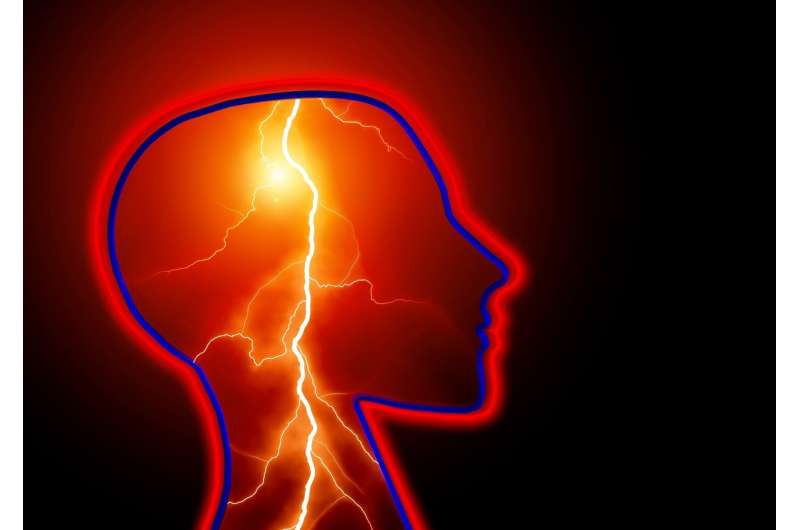Credit: CC0 Public Domain
Stroke is the leading cause of disability in the United States, according to the American Stroke Association. But initial research shows that being optimistic in the period after it happens indicates a faster recovery and reduced disability is possible.
The findings were presented at the Nursing Symposium at the ASA's 2020 International Stroke Conference, according to an ASA news release. Research showed that stroke survivors who remained highly optimistic had lower levels of inflammation levels, less severe strokes and reduced physical disability after three months, than those who had felt less optimism.
A study of 49 stroke survivors conducted three months following a stroke reviewed the correlation between optimism, physical disability, the severity of a stroke and inflammation. The latter occurring after a stroke damages the brain and harms recovery. Optimism has been associated with reduced inflammation and improved health outcomes, however, there hasn't been a study that reviewed the association of optimism with stroke patients.
"Our results suggest that optimistic people have a better disease outcome, thus boosting morale may be an ideal way to improve mental health and recovery after a stroke," said lead author Dr. Yun-Ju Lai in a statement.
The study was funded by the National Institutes of Health and the National Institute of Neurological Disorders and Stroke. Researchers said understanding how the elements of the study—such as how inflammation and optimism impact or relate to each other—will provide scientific structure to establish new methods for stroke recovery.
"Patients and their families should know the importance of a positive environment that could benefit the patient," Lai said. "Mental health does affect recovery after a stroke."
Stroke is the No. 5 cause of death in the U.S., according to the ASA. The disease affects arteries leading to and inside the brain. If a stroke occurs on the left side of the brain, it can result in memory loss and/or issues with language and speech. If the disease happens on the right side of the brain, issues with vision and a quick, inquisitive behavioral style are among the things that can emerge. Stroke, along with other cardiovascular diseases such as heart disease, cause 1 in 3 deaths in the U.S., according to the Centers for Disease Control and Prevention.
©2020 The Atlanta Journal-Constitution (Atlanta, Ga.)
Distributed by Tribune Content Agency, LLC.






















